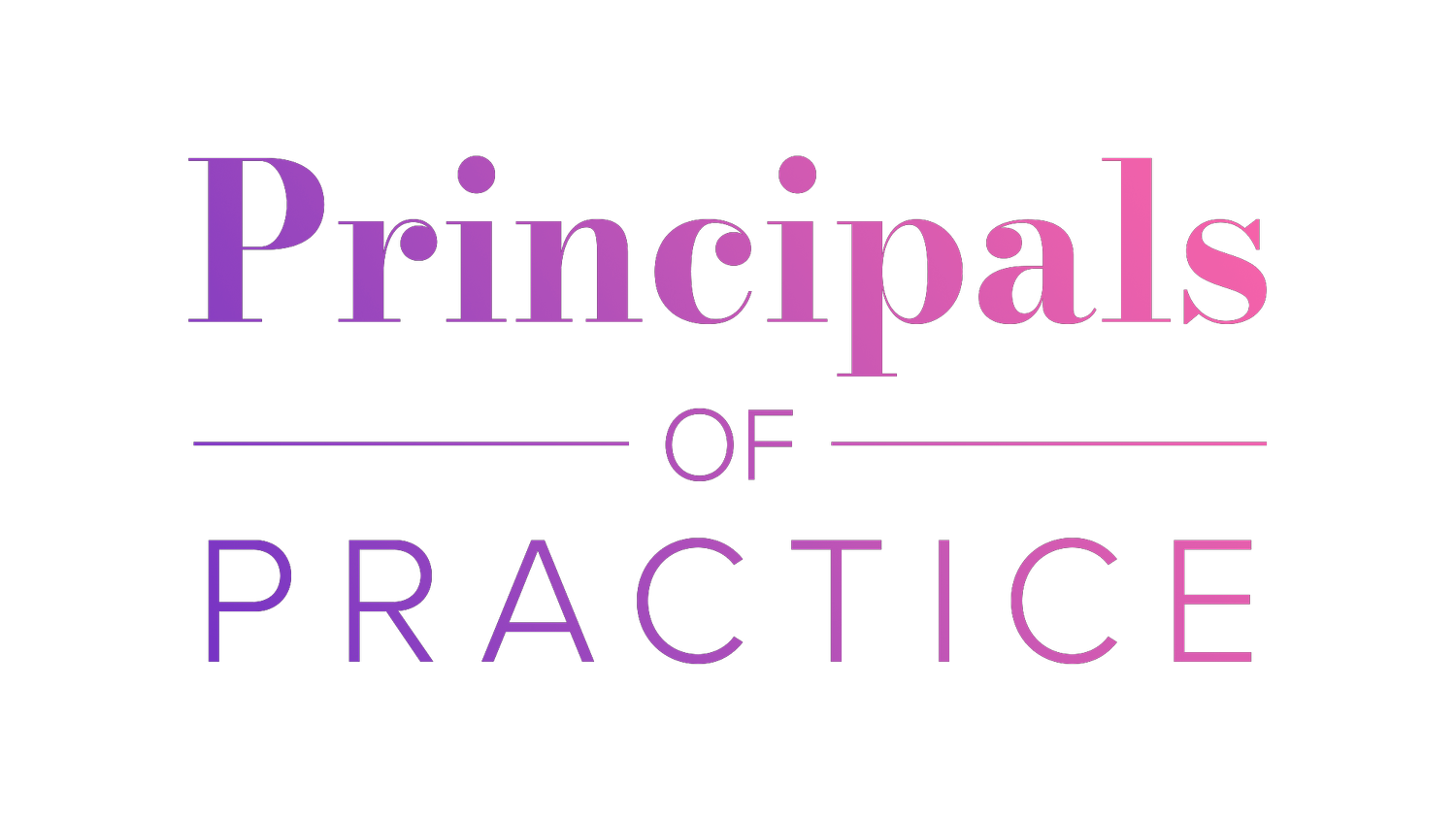Using the “C-Word” at Work
The ‘C word’ was present in practically every performance review I received from my early days as an articled clerk and trainee lawyer, later as a junior lawyer, a senior associate and eventually as a partner in a law firm.
You have probably guessed that the “C” word I am referring to has more than four letters and has nothing to do with a virus. I am talking about Confidence.
Early on in my career I was told that I needed to “develop my confidence,” “come across as someone likeable and approchable who still knows her stuff”, “be perceived as a trusted advisor” and “speak up more in meetings”.
I’m probably not the only professional who has added similar objectives to their list and I don’t think there is anything wrong with them.
What I don’t like is the idea that they are something the individual is expected to achieve on his/her own, in a vacuum, regardless of their work environment. It is my experience that achieving these objectives is much more likely in a work climate where mutual respect and trust are present.
If you’re a leader telling your staff to “work on their confidence” perhaps you should take a closer look at your leadership style and ask “am I providing a working environment that allows my co-workers to feel confident about the contributions they are making?”
Below are five things I believe leaders should keep in mind if they want to provide an environment that allows confidence to thrive:
1. Don’t assume you know best
In some fields (such as law) there might be an accepted way of doing things. I feel I missed a lot of opportunities to innovate by blindly following those who had gone before me. If I could turn back the clock I would be much more curious about the approach team member’s took when they did things “differently”. I would want to be more proactive about empowering them to share their thinking and really (genuinely!) consider the alternative approach. How many professional services firms are urging their staff to be more innovative but are failing to see significant process here? It is no secret that diversity of thought requires a culture of openness.
2. Don’t randomly put people on the spot
As a junior lawyer I really appreciated getting a heads up before being called to speak on a particular matter in a meeting, particularly if it was a complicated and technical point. I felt that my supervisor had my interests at heart and was taking steps to develop my confidence rather than throwing me in to see if I would sink.
Some leaders might call on those they consider “lacking in confidence” during meetings to to give them their chance to shine. If this person has been conditioned to believe “boss knows best” they may flounder in the limelight trying to come up with the “correct” answer. This awkward reaction might only cause them to lose credibility and self-confidence. It is also important to ensure the individual being called upon has the support (see below) to manage being put in the spotlight. As their willingness to share develops, you can expand the opportunities for them to speak up.
3. Don’t assume it’s all your fault
Unfortunately a lot of us go through life believing we are not good enough. While your leadership style might be part of the reason your reports are not showing up in a confident way, be conscious that the stories people tell themselves hold immense power and until those stories are rewritten, the individual is likely to dismiss any words you might offer to suggest the opposite. Continue to provide positive feedback, but don’t assume it will change the story the individual tells themselves.
4. Provide support
Invest in thoughtful transformative training and one-on-one coaching for your team members that shifts their perspective. Better yet, learn some coaching skills yourself so that you can coach your team to reach their potential and provide an alternative to the “boss knows best” approach. As I say above, I wish I’d been better at being more open to different approaches taken by my team members over the years.
5. Don’t utter the ‘C word’
Appreciate that confidence can only thrive in an environment that appreciates diversity of thought and consciously addresses the barriers to this.

